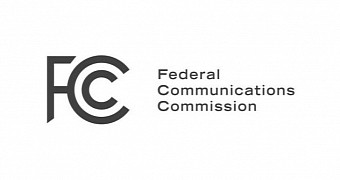The FCC’s time to make a decision about net neutrality is slowly coming to a close and it may not end up being all that great.
According to the Wall Street Journal, it seems like the Commission is looking into a “hybrid” strategy. This means that the FCC would regulate sections of the Internet lines differently.
On one hand, the broadband connections to consumers would be regulated lightly. This means that the FCC wouldn’t get too involved in this relationship between ISPs and consumers. Basically, broadband providers would be regulated under the old rules that were set in place for phone networks.
On the other hand, there’s also going to be a back-end plan, where broadband providers serve as the conduit for websites to distribute content. The FCC will classify the back-end service as a common carrier, which gives the FCC enough strength to police any deals between content companies and broadband providers and to basically put an end to the ideas some ISPs had to create fast lanes to dictate which companies had access to better speeds and which had to be crowded together with everyone else.
The so-so plan
The new plans that the FCC seems to be making are quite similar to an approach the Mozilla Foundation and the Center for Democracy and Technology came up with earlier this year.
While achieving the main issue of stopping ISPs from doing whatever they want, it also gives the FCC some room to get more control over ISPs. That’s because they wouldn’t have to reverse an earlier decision to deregulate broadband providers, which was a move made in the hopes of encouraging the adoption and deployment of high speed broadband.
Without having to justify a full reversal of the ruling, the FCC would actually stand on firmer legal ground in front of ISPs.
On the downside, however, ISPs would have the possibility to offer specialized services for videogamers, for instance, which require a particularly large amount of bandwidth.
FCC might lose in court again
Net neutrality advocates argue that this third option isn’t necessarily the best way to move forward since the plan might not even end up holding under the legal weight. In fact, they want the FCC to just go ahead and reverse the 2002 decision, change the classification of ISPs and be done with it, protect everyone.
Re/Code quotes Stanford Law School professor Barbara von Schewick who has already warned Wheeler earlier this month that if the FCC tries this hybrid approach, they’ll lose in court for a third time.

 14 DAY TRIAL //
14 DAY TRIAL //